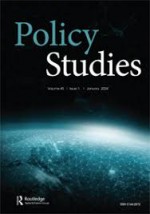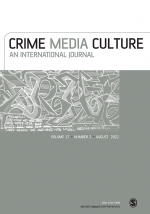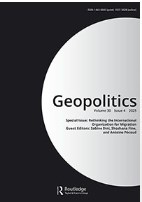Will Brexit Affect Regionalism in Southeast Asia?

ASEAN should reflect seriously on Brexit, and the UK will need to reconnect alone with Southeast Asia.
The result of the United Kingdom’s (UK’s) referendum on European Union (EU) membership was a major blow to the EU and will alter the future path of regionalism in Europe. There are predictions that it may well strengthen European regional integration, despite earlier concerns about disintegration, and much will depend on the relationship between Germany’s Angela Merkel and France’s Emmanuel Macron. Beyond the EU’s borders, there is also scope to consider how the UK’s exit from the EU will affect regionalism in Southeast Asia.
One question that arises is whether the relative importance of Southeast Asia as a region has increased in the wake of Brexit. There is evidence emerging that some officials in Southeast Asia are regarding developments in Europe with some confidence. For example, Surin Pitsuwan, the former Secretary-General of ASEAN, suggested after the Brexit result that “we in Southeast Asia, we have [never] been more important to the world, and relatively speaking now even more [given the] unclear situation in Europe.”
The atmosphere in the region regarding Brexit remains composed. Despite a significantly changed EU, it is possible that we are not looking at an altered Association of Southeast Asian Nations (ASEAN) – and certainly not a diminished one as it celebrates its 50th anniversary. The ASEAN-EU Ministerial Meeting in Bangkok in October 2016, the first held after the UK vote to leave, did not pay much attention to Brexit, with no mention of it within the Bangkok Declaration on Promoting an ASEAN-EU Global Partnership for Shared Strategic Goals released at the end of that meeting.
Please click here to read the entire article.








